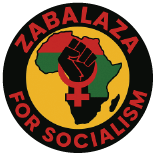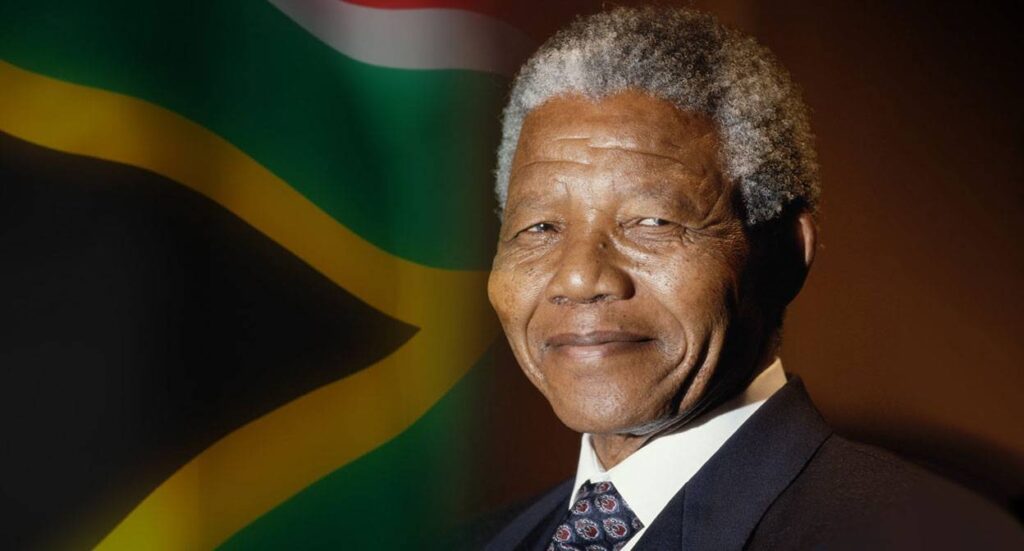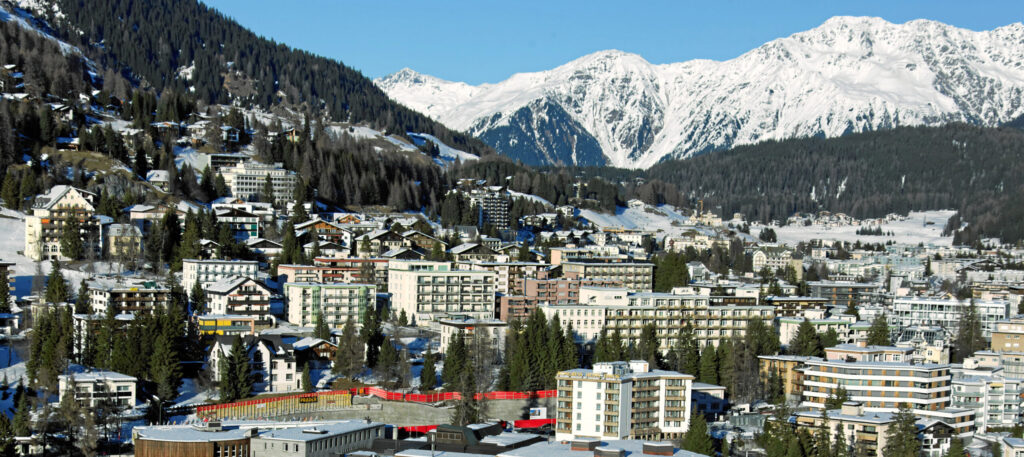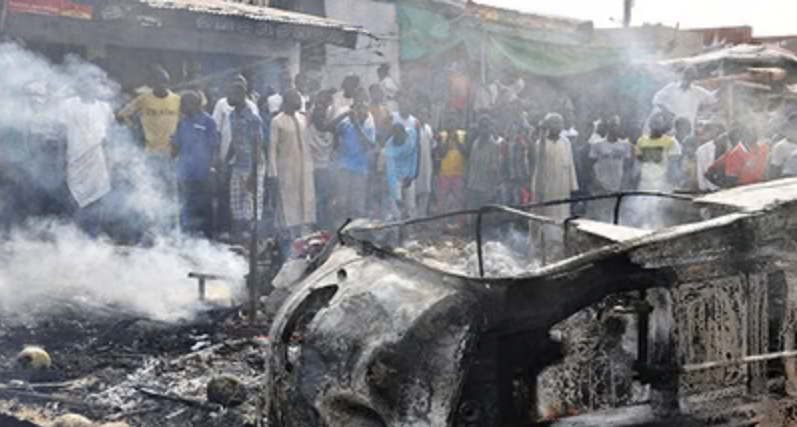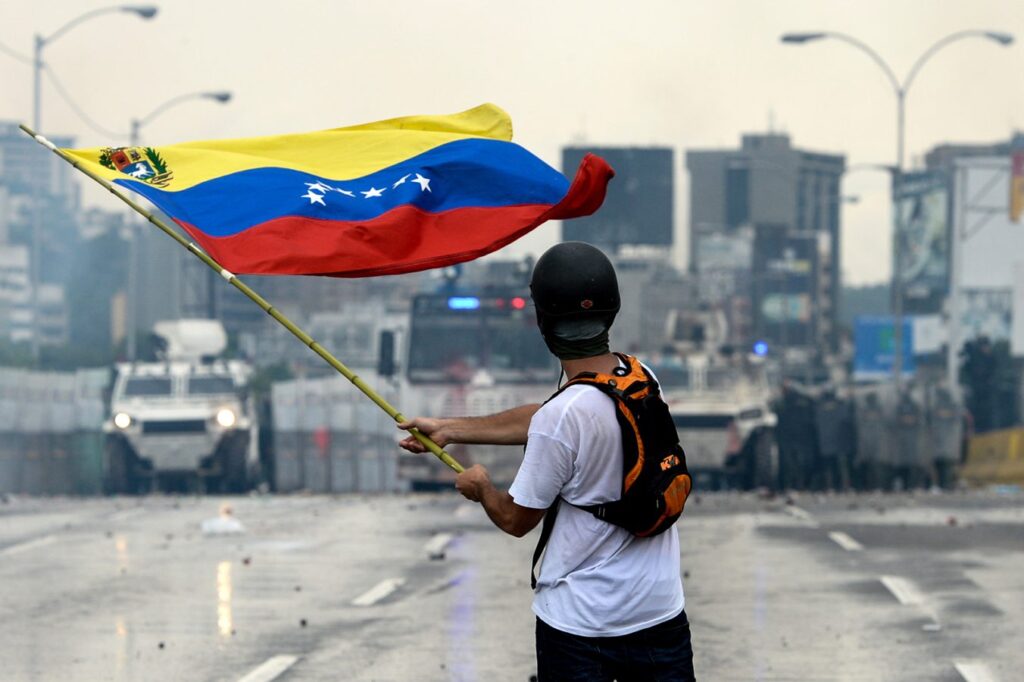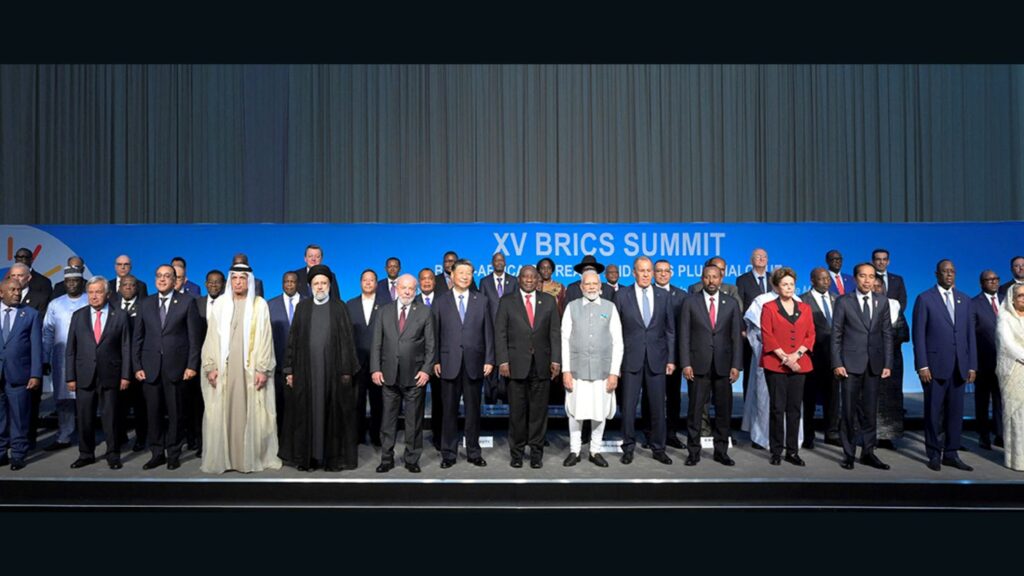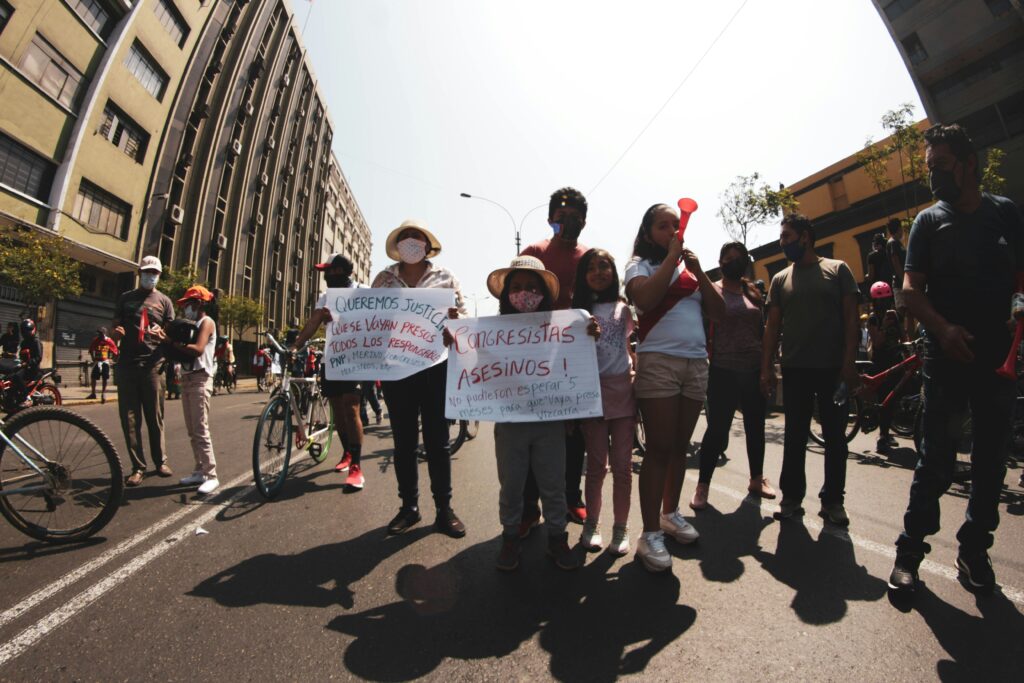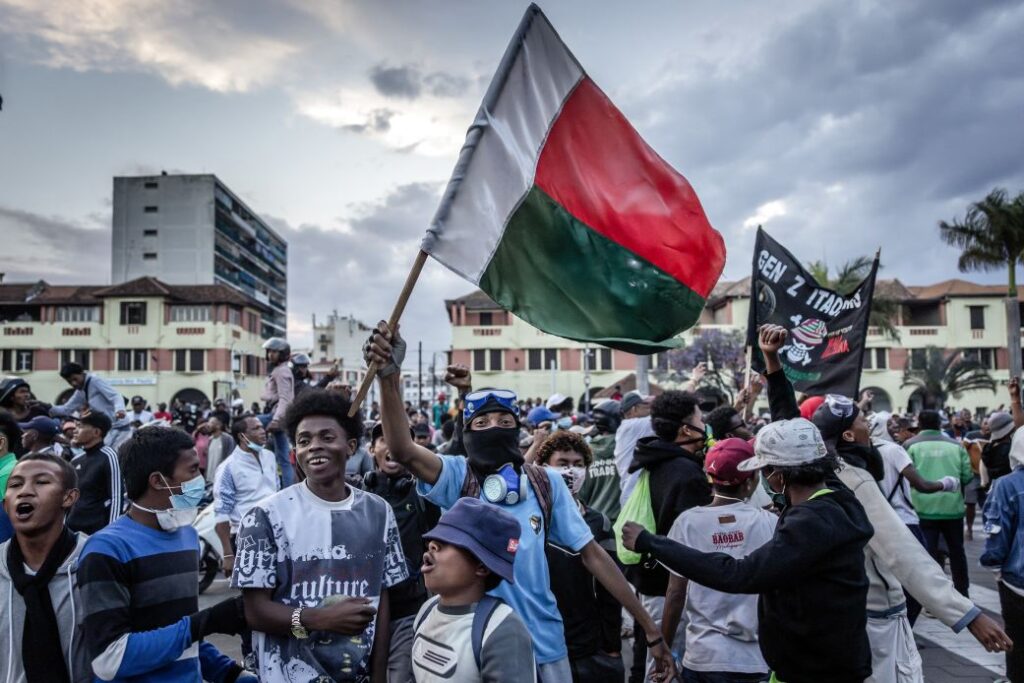The death of politics in South Africa.
We are underestimating the devastating impact of the death of politics in South Africa. Not politics as elections, conferences or speeches, but politics as the conscious, organised participation of ordinary people in shaping their collective future. We have never honestly analysed how the “big man” phenomenon hollowed out our democratic culture. The towering moral authority […]
